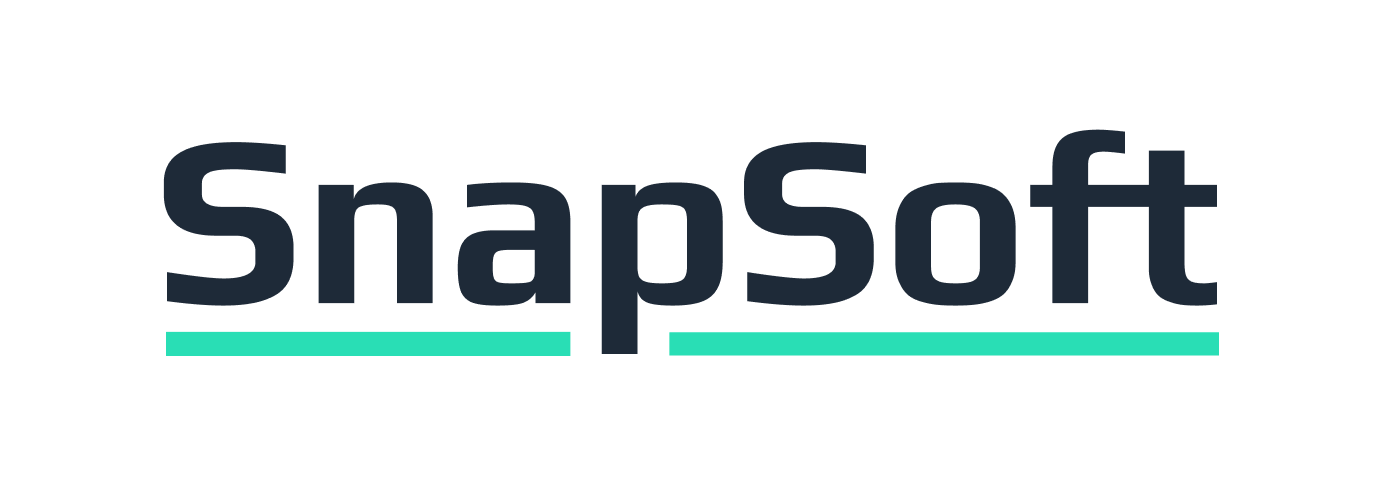
Overview
Membership inference attacks (MIA) can be staged just by observing the output of the model while having access to some datapoints of training data. MIA attack is a blackbox attack and does not need access to model's parameters. Such ML attacks can result in severe losses and cause security concerns, especially when the training data possess sensitive and/or private information of individuals. This solution builds another ML model to infer training dataset, often called attack model, based on prediction probabilities of target model (the model for which the robustness towards MIA to be calculated)
Highlights
- Membership inference attack triggers inference to the target model with training data and subject data. Subject dataset is supposed to have similar statistical properties of training data. Subject data helps to build attack model that tries to infer if the given data subject is part of the training dataset on which original target model is built. This solution measures robustness of ML models towards MIA attacks and provides insights about ease of inferring if the data subject is part of training? and how difficult is it to build an attack model that has better ability to attack?
- This solution requires target model (pickle file), training data and 'subject data' (of same size as training dataset) for building attack model. The solution accepts scikit-learn Randomforest, decision tress, adaboost and gradient boosting classifier as target model and train three attack models (pytorch neural network, random forest and gradient boosting) to measure robustness of the target model by using different proportions of training data. Attack efficiencies are observed and tabulated with varying proportions of availability of training datasets.
- PACE - ML is Mphasis Framework and Methodology for end-to-end machine learning development and deployment. PACE-ML enables organizations to improve the quality & reliability of the machine learning solutions in production and helps automate, scale, and monitor them. Need customized Machine Learning and Deep Learning solutions? Get in touch!
Details
Introducing multi-product solutions
You can now purchase comprehensive solutions tailored to use cases and industries.

Features and programs
Financing for AWS Marketplace purchases

Pricing
Dimension | Description | Cost/host/hour |
|---|---|---|
ml.m5.large Inference (Batch) Recommended | Model inference on the ml.m5.large instance type, batch mode | $0.00 |
ml.m5.large Inference (Real-Time) Recommended | Model inference on the ml.m5.large instance type, real-time mode | $0.00 |
ml.m5.large Training Recommended | Algorithm training on the ml.m5.large instance type | $10.00 |
ml.m4.4xlarge Inference (Batch) | Model inference on the ml.m4.4xlarge instance type, batch mode | $0.00 |
ml.m5.4xlarge Inference (Batch) | Model inference on the ml.m5.4xlarge instance type, batch mode | $0.00 |
ml.m4.16xlarge Inference (Batch) | Model inference on the ml.m4.16xlarge instance type, batch mode | $0.00 |
ml.m5.2xlarge Inference (Batch) | Model inference on the ml.m5.2xlarge instance type, batch mode | $0.00 |
ml.p3.16xlarge Inference (Batch) | Model inference on the ml.p3.16xlarge instance type, batch mode | $0.00 |
ml.m4.2xlarge Inference (Batch) | Model inference on the ml.m4.2xlarge instance type, batch mode | $0.00 |
ml.c5.2xlarge Inference (Batch) | Model inference on the ml.c5.2xlarge instance type, batch mode | $0.00 |
Vendor refund policy
Currently we do not support refunds, but you can cancel your subscription to the service at any time.
How can we make this page better?

Legal
Vendor terms and conditions
Content disclaimer
Delivery details
Amazon SageMaker algorithm
An Amazon SageMaker algorithm is a machine learning model that requires your training data to make predictions. Use the included training algorithm to generate your unique model artifact. Then deploy the model on Amazon SageMaker for real-time inference or batch processing. Amazon SageMaker is a fully managed platform for building, training, and deploying machine learning models at scale.
Version release notes
This is the first version.
Additional details
Inputs
- Summary
The solution takes preprocessed data with the saved model to quantify the effect of Membership inference attack on the model.
- Input MIME type
- text/csv
Input data descriptions
The following table describes supported input data fields for real-time inference and batch transform.
Field name | Description | Constraints | Required |
|---|---|---|---|
“train_mia.csv” and “test_mia.csv” | 1. train_mia.csv and test_mia.csv contain the preprocessed data ready to feed the model (if needed standardized, normalized, one hot encoded and/or label encoded). The data has at least one valid variable for classification named “label” and label should be integer from 0 onward.
2. train_mia.csv contains the complete or partial dataset which was used to train target model while test_mia.csv contains dataset similar to train_mia.csv. Both datasets should have same number of data points. | Type: Continuous | Yes |
Resources
Vendor resources
Support
Vendor support
For any product support you can reach out to us at:
AWS infrastructure support
AWS Support is a one-on-one, fast-response support channel that is staffed 24x7x365 with experienced and technical support engineers. The service helps customers of all sizes and technical abilities to successfully utilize the products and features provided by Amazon Web Services.
Similar products




